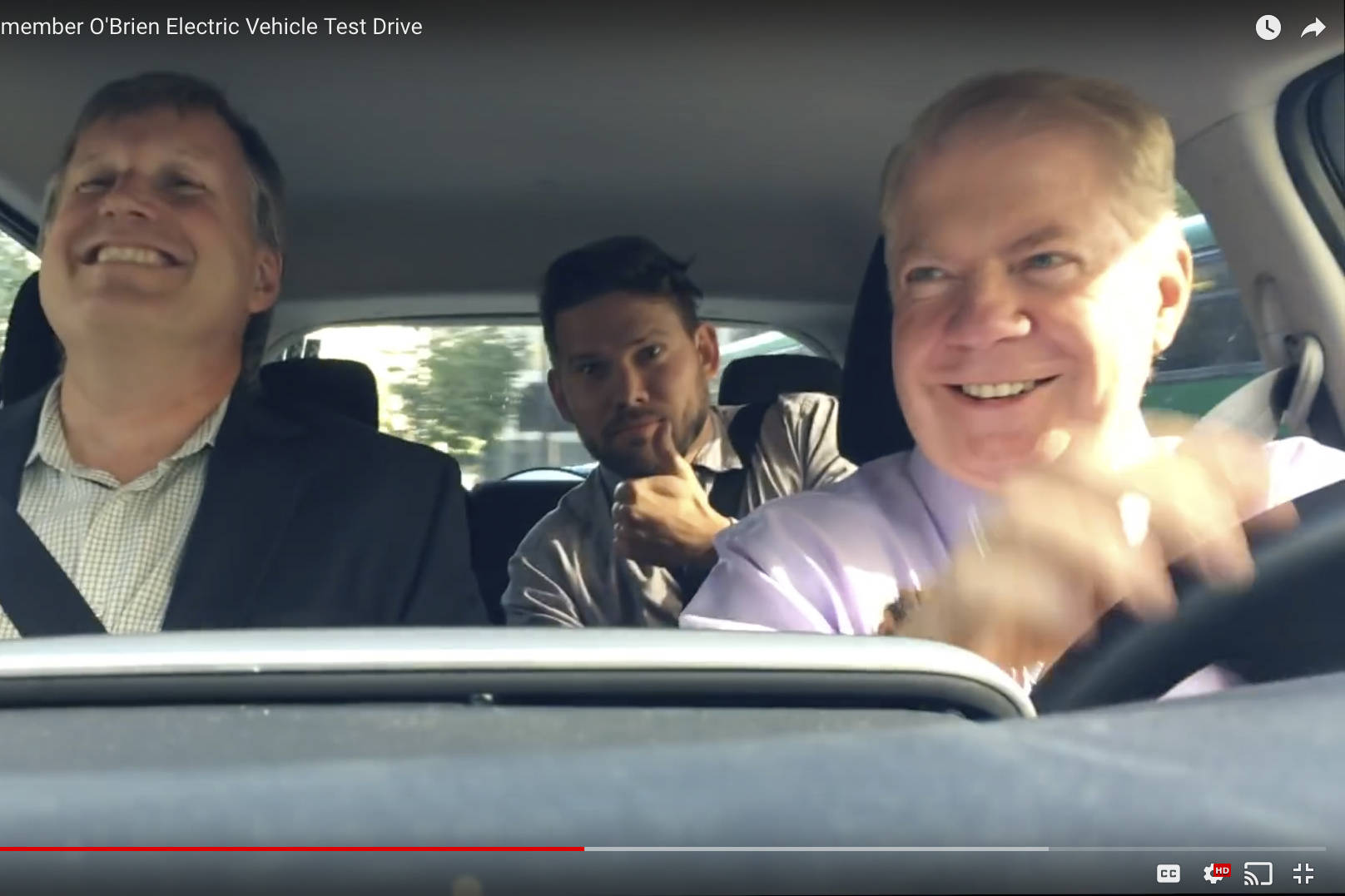This summer, the world seems to have gotten started with the business of ending. Washington and the rest of the West is on fire. One hurricane after another decimated the Gulf Coast. Parts of Houston were underwater. Record-setting heat waves broiled Mexico, Spain, and Madagascar. All of these were exacerbated by global warming. As temperatures continue to rise in coming decades, things will only get worse. Avoiding a climate apocalypse will require unprecedented gains in energy efficiency and sustainability.
Seattle mayoral candidates Jenny Durkan and Cary Moon mostly agree on what steps Seattle should take to reduce climate pollution, but a sliver of difference emerges between the two candidates’ environmental platforms when it comes to the big kahuna of commuting: automobiles. In brief, Durkan likes electric cars; Moon, not as much.
The two finalists for the next mayor of Seattle agree that Seattle must lead by example in the struggle to draw-down greenhouse gas emissions. They also agree that doing so means improvements in public transit and bike and pedestrian infrastructure, and also subsidizing green energy infrastructure such as solar panels in Seattle buildings and transit fleet.
But then there are the cars, one of the biggest drivers of greenhouse gases. On her website, Durkan says that among other actions, the city should “rapidly increas[e] the publicly available fast-charging stations” for electric vehicles. She supports investing in electric vehicle infrastructure and incentivizing the use of more electric vehicles in Seattle.
By contrast, Moon’s website reads, “Since vehicles are the number one source of greenhouse gas pollution in our state, we must make transit, walking and biking the most viable modes of travel.” We called the Moon campaign to clarify her position on electric cars. They responded with a written statement: “On electric cars, Cary believes that it is important that the city takes every step possible to reduce the greenhouse gases produced from automobiles, including incentivizing electric cars.
“She notes, though, that the production of electric cars is still a major source of GHGs. So, we need to make alternatives to driving more viable and reliable for commuters. Lack of transit options forces workers to drive, compounding congestion on our streets. In addition to improving transit options, we need to focus on safe streets, walkable neighborhoods, a basic bike network and a strong freight and delivery network.”
In other words, Moon worries that embracing electric cars means building and maintaining more roads for cars, which means more cars, period.
So while neither candidate simply opposes electric cars, they differ in tone and emphasis: Durkan talks about electric cars as a co-equal tool in the climate change toolbox, while Moon agrees that they’re a tool but worries that even electric cars will still literally and figuratively steal oxygen from greener modes of transport, such as transit, bicycling and walking.
Last year, the City Council and Mayor passed a resolution stating “Seattle’s intention to prioritize transportation electrification as a key part of our climate strategy” to halve the amount of petrol used in local transportation by 2035. According to the Office of Environment and Sustainability, among the largest 50 U.S. cities, Seattle has the seventh most electric vehicle sales. Executive departments are currently working on phasing in some electric charging stations in 2017 and/or 2018.
cjaywork@seattleweekly.com








